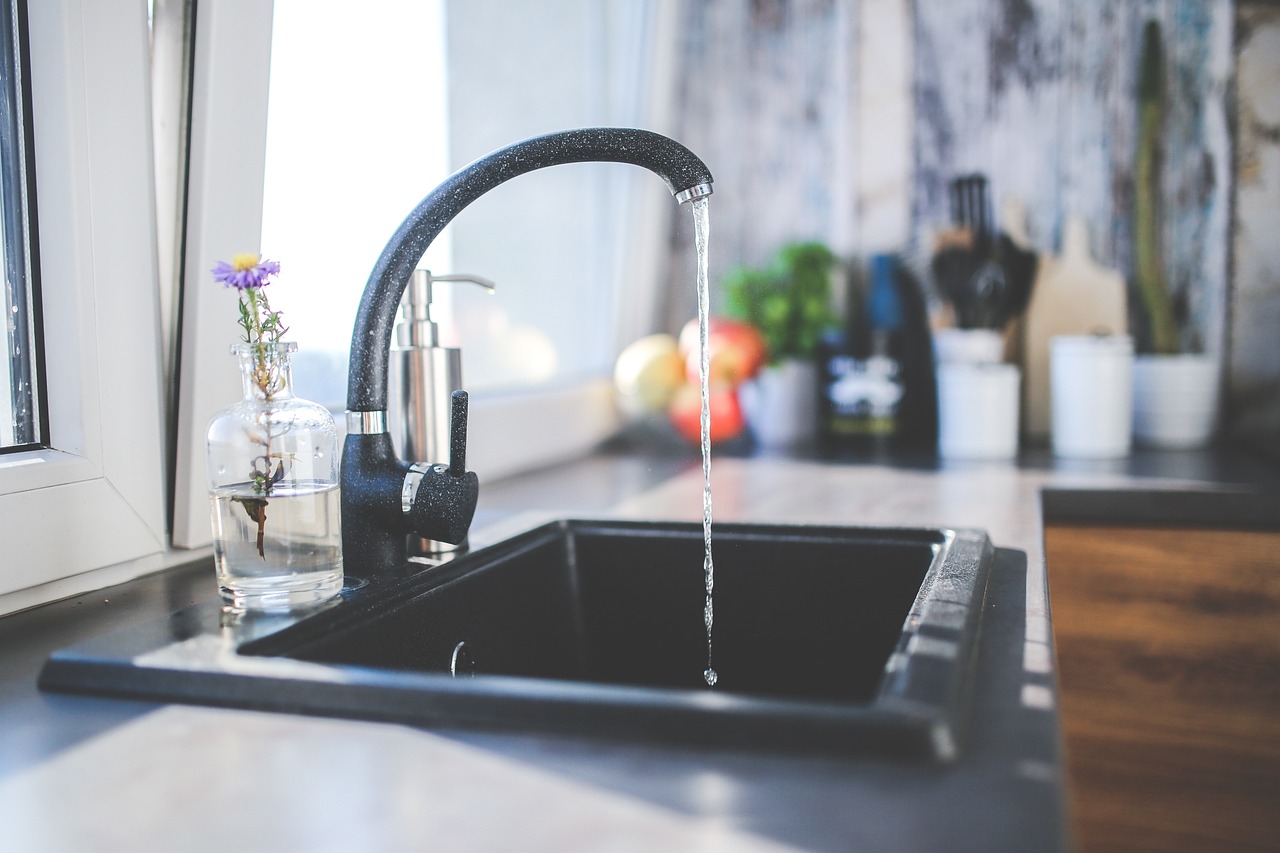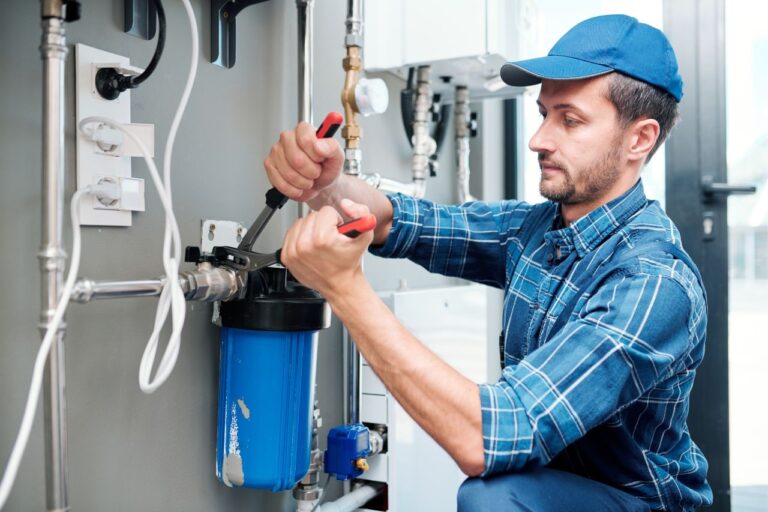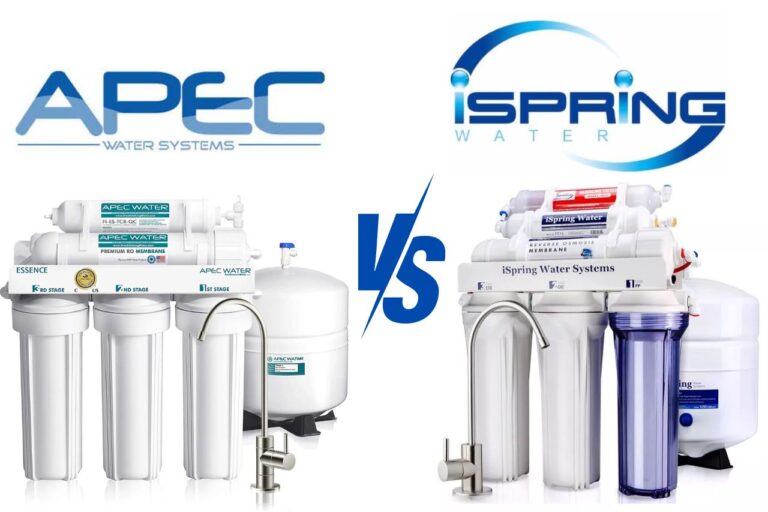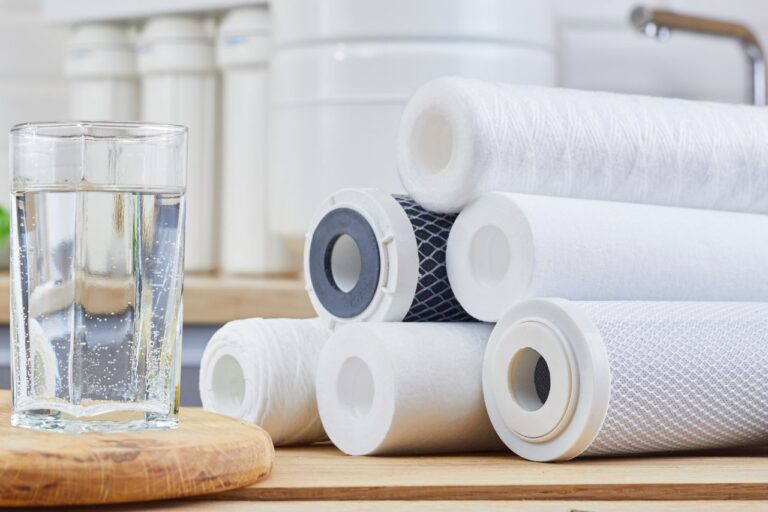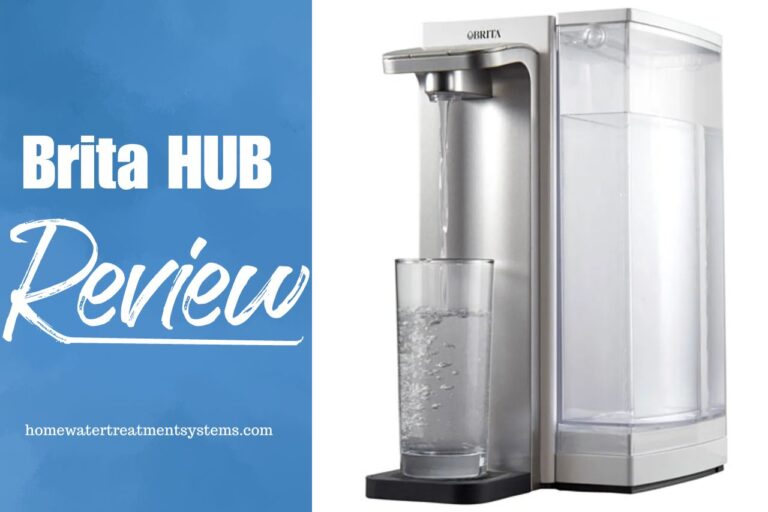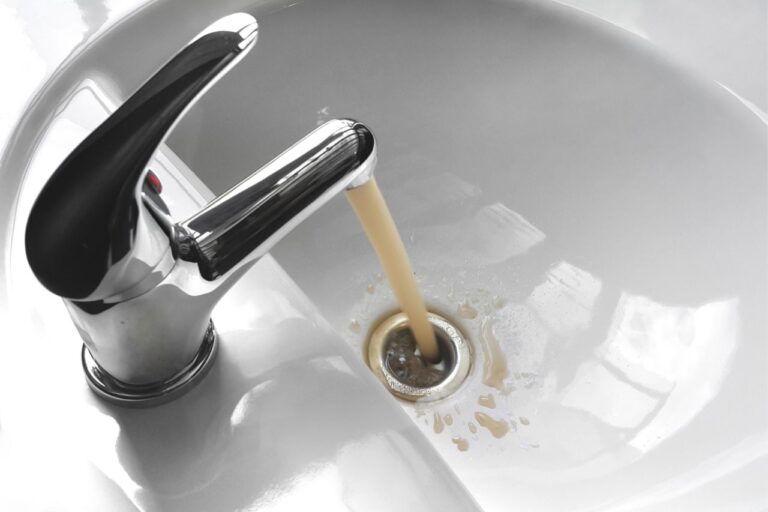Understanding the Difference: Water Filter vs Water Purifier
So you’re curious about the difference between a water purifier and a water filter? Well, buckle up because we’re about to dive deep into the world of clean water! When it comes to ensuring the quality of your drinking water, these two essential devices play distinct roles. A water filter works by physically trapping impurities, such as sediment, chlorine, and lead, through a sieve-like mechanism. It’s like a fine net that catches the unwanted particles, leaving you with cleaner and safer water to gulp down on a hot summer day. On the other hand, a water purifier takes filtration to a whole new level. It not only removes physical impurities but also deals with microscopic contaminants like bacteria, viruses, and heavy metals. It’s like having a superhero in your kitchen, fighting off the invisible villains lurking in your tap water. With their advanced technologies, water purifiers can eliminate harmful pathogens and provide you with water that’s not just cleaner but also safer to drink. So, in a nutshell, while a water filter keeps out the big stuff, a water purifier goes the extra mile to ensure your water is free from both visible and invisible contaminants.
Key Takeaways:
- Distinction Between Filters and Purifiers: Water filters and water purifiers are terms often used interchangeably, but they hold distinct differences in their mechanisms and capabilities.
- Water Filters: Filters remove impurities through a filtration process, targeting particles, chemicals, and microorganisms. Types include activated carbon, reverse osmosis, and ceramic filters.
- Advantages and Limitations: Water filters offer benefits such as impurity removal, taste enhancement, convenience, and affordability. However, they have limitations in filtration scope, maintenance needs, and certain contaminant removal.
- Water Purifiers: Purifiers focus on comprehensive purification, eliminating a wider range of contaminants including heavy metals, chemicals, and pathogens. They employ techniques like distillation, UV radiation, and ion exchange.
Understanding the Difference: Water Filter vs Water Purifier Explained
When it comes to ensuring the quality and safety of the water we consume, we often hear the terms “water filter” and “water purifier” thrown around. While these terms are used interchangeably, it is important to understand that there are subtle differences between the two. In this article, we will delve into the mechanics, types, advantages, and disadvantages of each, helping you make an informed decision on which option suits your needs best.
What is a Water Filter?
A water filter is a device or system designed to remove impurities from water through a filtration process. It works by passing water through a medium that captures contaminants, leaving behind cleaner, safer water for consumption. The mechanism of water filtration involves several stages to ensure maximum effectiveness.
Mechanism of water filtration
Water filtration operates on the principle of selectively removing unwanted substances from the water. It typically involves a series of physical and chemical processes that eliminate impurities at varying levels. These processes aim to target particles, chemicals, microbiological organisms, and other pollutants present in the water.
Types of water filters
There are several different types of water filters available on the market, each catering to specific filtration needs. Some common types include activated carbon filters, reverse osmosis filters, ceramic filters, and UV filters. Each type has its unique advantages and drawbacks, which we will explore further.
Advantages of using a water filter
Using a water filter brings numerous benefits to the table. Firstly, it effectively removes impurities, such as sediment, chlorine, lead, and bacteria, ensuring that you are drinking cleaner, safer water. Additionally, water filters often enhance the taste and odor of the water, improving your overall drinking experience. They also provide convenience and affordability compared to other water purification methods.
Disadvantages of using a water filter
While water filters offer significant advantages, they do have some limitations. One notable drawback is their limited filtration capability. Certain contaminants, such as heavy metals or viruses, may not be completely removed through filtration alone. Additionally, water filters require regular maintenance and replacement of filter cartridges to maintain their effectiveness. Some filters may also be inefficient in removing specific contaminants, depending on their design. Lastly, some types of water filters require electricity to operate effectively, which may not always be feasible in certain situations.
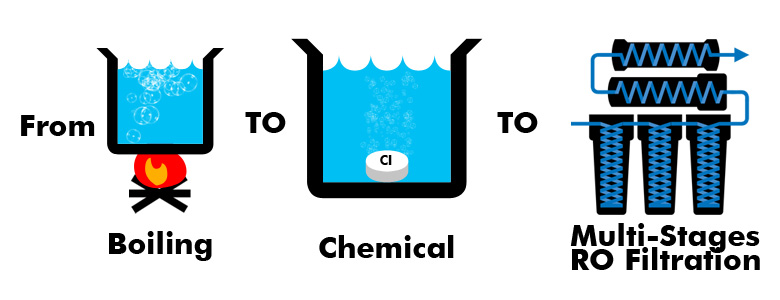
Different Types of Water Filters
Water filters come in various types, with each designed to tackle specific types of impurities. Here are some of the most common types of water filters you’ll find in the market:
Activated Carbon Filters
Activated carbon filters use a porous carbon material to absorb and trap impurities in the water. They are effective in removing chlorine, volatile organic compounds (VOCs), bad odors, and some heavy metals. Activated carbon filters are commonly used in countertop and under-sink filtration systems.
Reverse Osmosis Filters
Reverse osmosis filters employ a semipermeable membrane to remove impurities from water. This filtration process utilizes pressure to force water molecules through a membrane, effectively separating contaminants from the water. Reverse osmosis filters are known for their ability to remove dissolved solids, heavy metals, fluoride, and some bacteria. They are often used in whole-house systems or as standalone units under the sink.
Ceramic Filters
Ceramic filters utilize a porous ceramic material that effectively traps particles, bacteria, and cysts present in water. These filters are capable of removing sediment, certain bacteria, and turbidity, ensuring cleaner water. Ceramic filters are commonly used in gravity-fed systems and portable water filter pitchers.
How Water Filters Work
Understanding the working mechanism of water filters can shed light on how they effectively remove contaminants from the water. The filtration process typically involves several steps, each targeting different types of impurities.
Step 1: Sediment Removal
The initial stage of the filtration process involves the removal of larger particles or sediment present in the water. This is often achieved through pre-filtration, where a filter medium with larger pores captures and traps the sediments, preventing them from progressing further.
Step 2: Chemical Filtration
To eliminate chemical impurities, such as chlorine or certain heavy metals, the water is passed through a chemical filtration medium. This medium, which may include activated carbon or specialty resins, absorbs or chemically reacts with the contaminants, effectively reducing their concentration in the water.
Step 3: Microbiological Filtration
In the case of microbiological impurities, including bacteria and cysts, water filters utilize specific filtration media or technologies capable of trapping and removing these organisms. Ceramic filters or membranes with small pores can effectively block these microbiological contaminants, ensuring the water’s safety.
Step 4: Final Filtration
Once the water has undergone the previous filtration stages, it undergoes a final filtration process to remove any remaining impurities and ensure a high level of water quality. This stage may involve additional filtration media or technologies to provide an extra layer of protection.

Advantages of Using a Water Filter
Using a water filter in your home or workplace can offer several significant advantages. Let’s take a closer look at some of these benefits:
Removal of impurities
One of the primary benefits of using a water filter is its ability to effectively remove impurities from the water. By targeting contaminants such as sediment, chemicals, and microbiological organisms, water filters provide a reliable means of improving the overall quality of the water you consume.
Improved taste and odor
In addition to removing impurities, water filters can significantly enhance the taste and odor of the water. By eliminating chlorine, sulfur compounds, and other substances that contribute to unpleasant tastes and odors, filtered water offers a more enjoyable drinking experience.
Convenience and affordability
Water filters provide a convenient and cost-effective solution for ensuring clean drinking water. Whether you opt for a pitcher filter, a faucet-mounted filter, or a whole-house system, having filtered water readily available saves you the hassle of purchasing and storing bottled water while also reducing plastic waste.
Preservation of beneficial minerals
Unlike some water purification methods, such as distillation, which strip water of essential minerals, water filters generally retain these beneficial minerals. This means that filtered water can still provide valuable minerals like calcium, magnesium, and potassium that contribute to your overall health.
Disadvantages of Using a Water Filter
While water filters have several advantages, they also have a few drawbacks to consider:
Limited filtration capability
Water filters may have limitations in terms of the contaminants they can effectively remove. Some filters may not be capable of filtering out certain heavy metals, viruses, or other microscopic contaminants. It is crucial to choose a water filter that matches your specific filtration needs.
Maintenance and replacement
Regular maintenance is essential to keep water filters functioning optimally. Their filter cartridges require periodic replacement to ensure continued effectiveness. Failure to maintain or replace these cartridges can compromise the performance of the filter, allowing impurities to pass through.
Inefficiency for certain contaminants
Certain types of water filters may be less efficient in removing specific contaminants. It is important to understand the limitations of a particular filter and ensure that it adequately addresses the impurities present in your water source.
Requirement of electricity (in some cases)
Some water filters, particularly those with UV or reverse osmosis technologies, may require electricity to operate effectively. This can be a drawback in environments where a stable power supply is unavailable or during power outages.
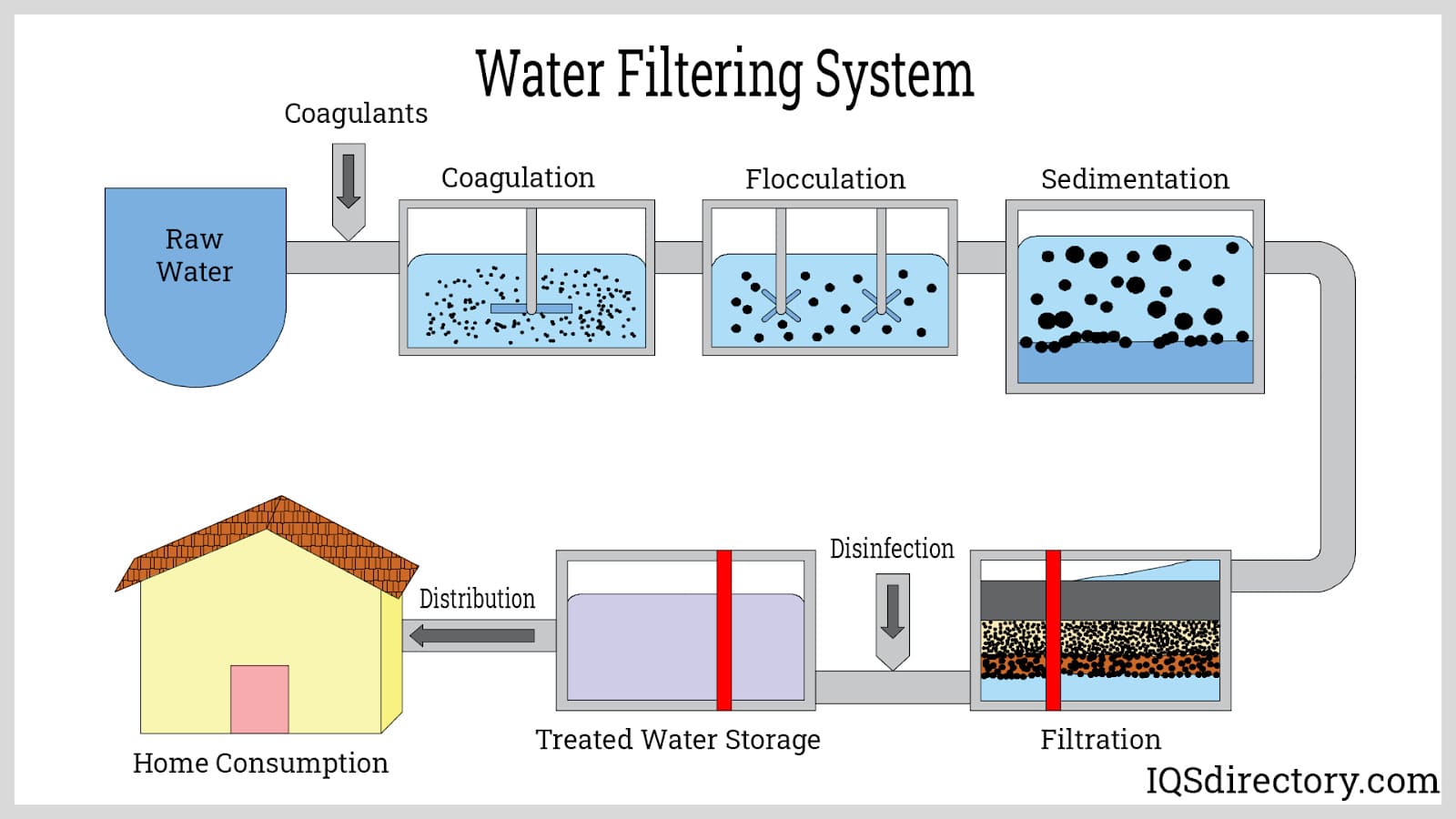
What is a Water Purifier?
Now that we have explored water filters in detail, let’s turn our attention to water purifiers. A water purifier, as the name suggests, is a device or system designed to purify water in a more comprehensive manner than a water filter. While filters primarily remove impurities, purifiers focus on eliminating harmful substances and pathogens to produce ultra-clean, safe drinking water.
Different types of water purifiers
Similar to water filters, water purifiers come in different types, each utilizing specific purification techniques. The choice of purifier largely depends on the level of purification required and the impurities present in the water source.
Purification techniques employed
Water purifiers employ various purification techniques to ensure the removal of a wide range of impurities. These may include distillation, activated carbon adsorption, UV radiation, and ion exchange processes. Each technique targets specific types of contaminants and provides a more thorough purification process.
Benefits of using a water purifier
Using a water purifier offers several advantages beyond those provided by a water filter. Purifiers are capable of eliminating a broader range of harmful substances, including heavy metals, chemicals, pathogens, and even radioactive materials. As a result, the purified water produced by these systems is of the highest possible quality.
Drawbacks of using a water purifier
While water purifiers offer enhanced purification capabilities, they also come with a few drawbacks to consider:
Higher initial investment
Compared to water filters, water purifiers often come with a higher initial investment cost. The advanced purification technologies employed in these systems may require additional components or mechanisms, driving up the price. However, it is essential to weigh this against the long-term benefits and the improved quality of the water produced.
Dependence on electricity
Certain types of water purifiers, such as those utilizing UV or ion exchange technologies, rely on a stable electricity supply to function effectively. Interruptions in power can impact the purification process, rendering the purifier temporarily ineffective. Backup power options may be necessary in areas with an unreliable power grid.
Reduction of essential minerals
In some cases, water purifiers may remove essential minerals along with the contaminants, resulting in demineralized water. While this may not pose significant health risks, it is important to consider the nutritional value of the water consumed.
Regular maintenance
Water purifiers, like filters, require periodic maintenance to ensure optimal performance. This may involve cleaning, replacement of purification components, and adherence to manufacturer guidelines. Regular maintenance is crucial to maintain the purification efficiency of the system.
In conclusion, understanding the difference between a water purifier and a water filter is essential for selecting the right solution to meet your specific water treatment needs. Whether you opt for a water filter, which focuses on removing impurities, or a water purifier, which offers advanced purification capabilities, both options play a crucial role in safeguarding the quality and safety of the water you consume. Consider the advantages, disadvantages, and the specific contaminants present in your water source to make an informed decision that best suits your requirements.
Final Thoughts:
In closing, the distinction between water filters and water purifiers holds profound implications for our efforts to secure clean and safe drinking water. While often used interchangeably, these terms carry nuanced differences that warrant careful consideration. Throughout this exploration, we’ve traversed the mechanisms, types, benefits, and limitations of each option, equipping you with knowledge to make a well-informed choice.
In the realm of water filters, we’ve discovered the intricate choreography of impurity removal through various stages of filtration. From sediment to chemicals to microbiological threats, each step addresses a specific facet of water quality enhancement. We’ve explored the diverse cast of water filter types – activated carbon, reverse osmosis, ceramic, and UV filters – each with its own merits and potential shortcomings. The advantages of using water filters, including impurity elimination, taste enhancement, cost-effectiveness, and mineral preservation, have been juxtaposed with their limitations, such as filtration scope and maintenance demands.
Turning our gaze to water purifiers, we’ve unearthed their overarching pursuit of ultimate purity. These systems employ a symphony of purification techniques to transcend mere impurity removal and eradicate a broader spectrum of contaminants. From distillation to activated carbon adsorption, UV radiation to ion exchange, water purifiers craft a symphony of protection against heavy metals, chemicals, pathogens, and even radioactive substances. Yet, alongside their superior purification prowess, water purifiers harbor their own set of considerations – higher costs, electrical reliance, potential mineral loss, and ongoing maintenance.
In the labyrinthine landscape of water treatment, the choice between a filter and a purifier hinges on understanding your specific needs and the unique challenges posed by your water source. Whether the elegance of a filter’s simplicity or the sophistication of a purifier’s thoroughness captures your preference, both stand as crucial allies in the unending quest for clean and safe water consumption. Deliberate on the benefits, acknowledge the drawbacks, and weigh them against the backdrop of your circumstances.
In the end, the journey toward choosing between a water filter and a water purifier isn’t merely about the hardware; it’s about the pledge to safeguard your health and the well-being of those you care for. May this comprehensive understanding serve as your compass as you navigate the complex currents of water treatment, ensuring that every sip you take is a testament to your commitment to a healthier, safer future.

